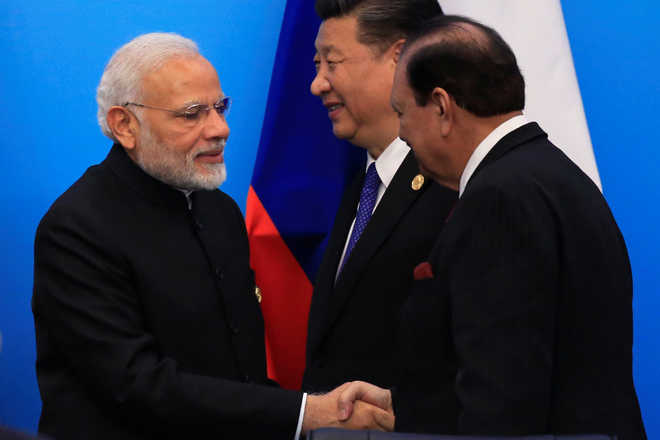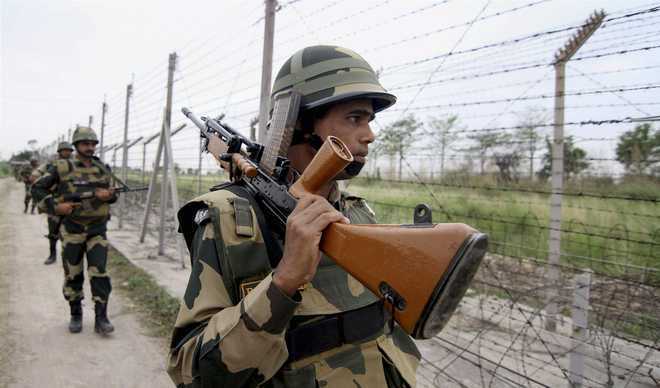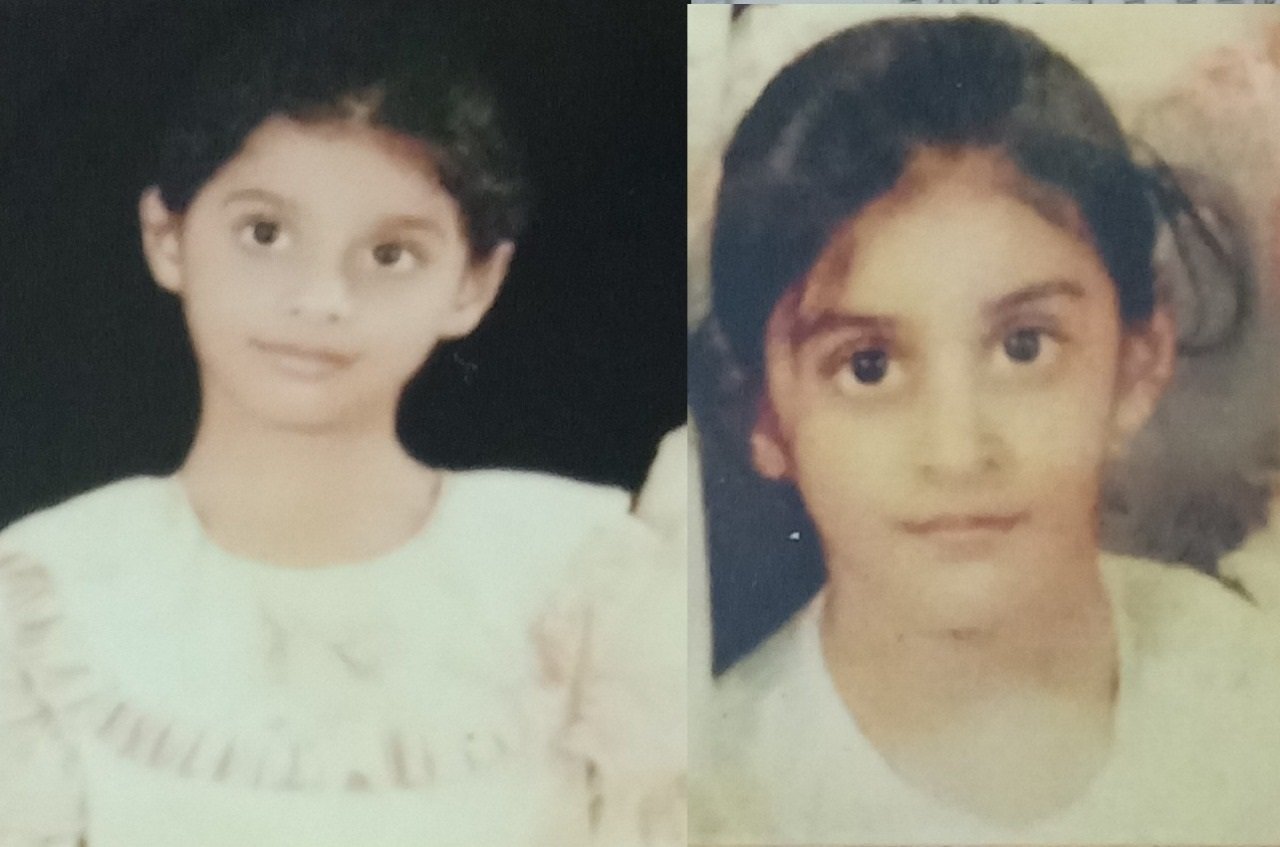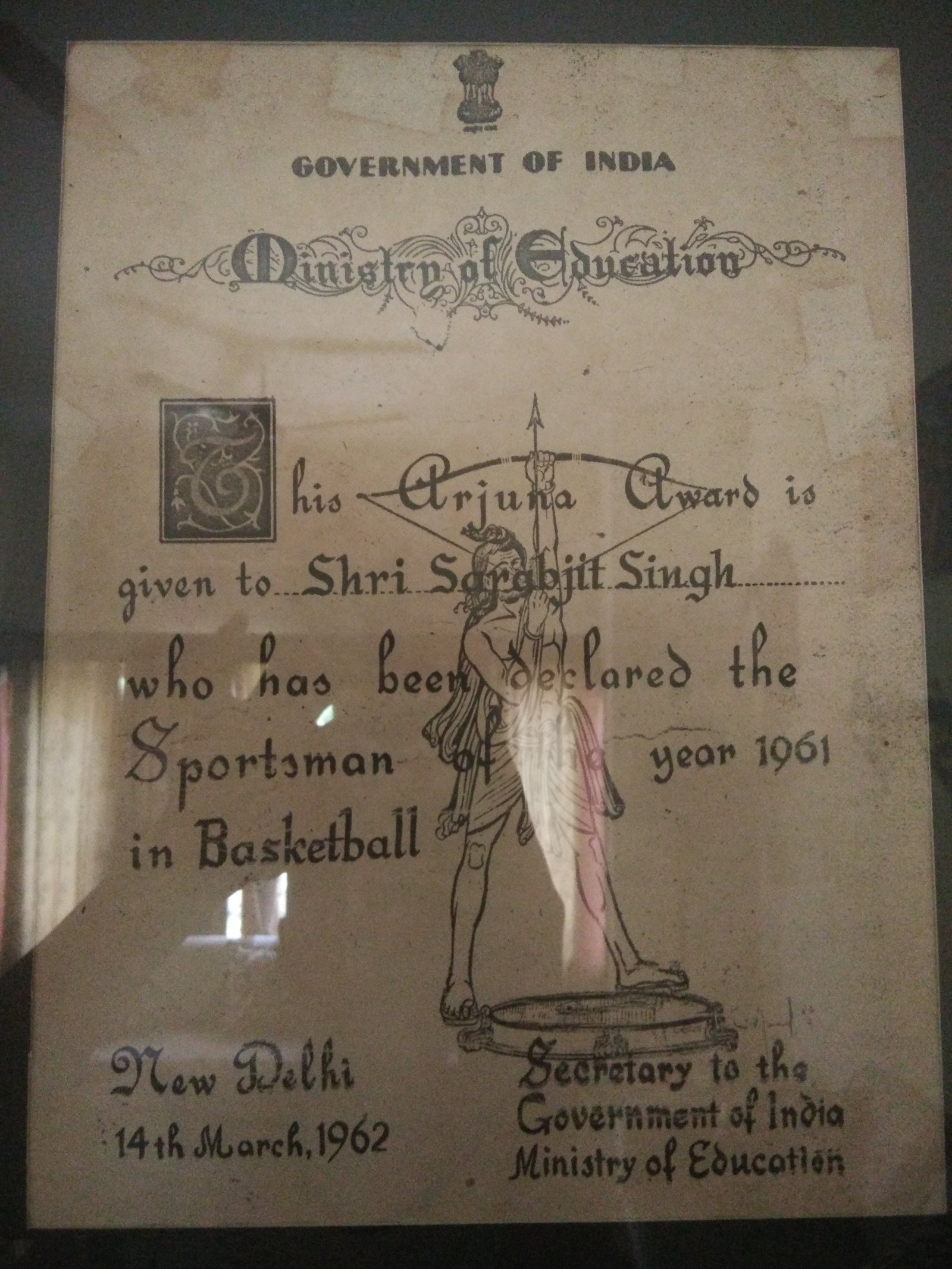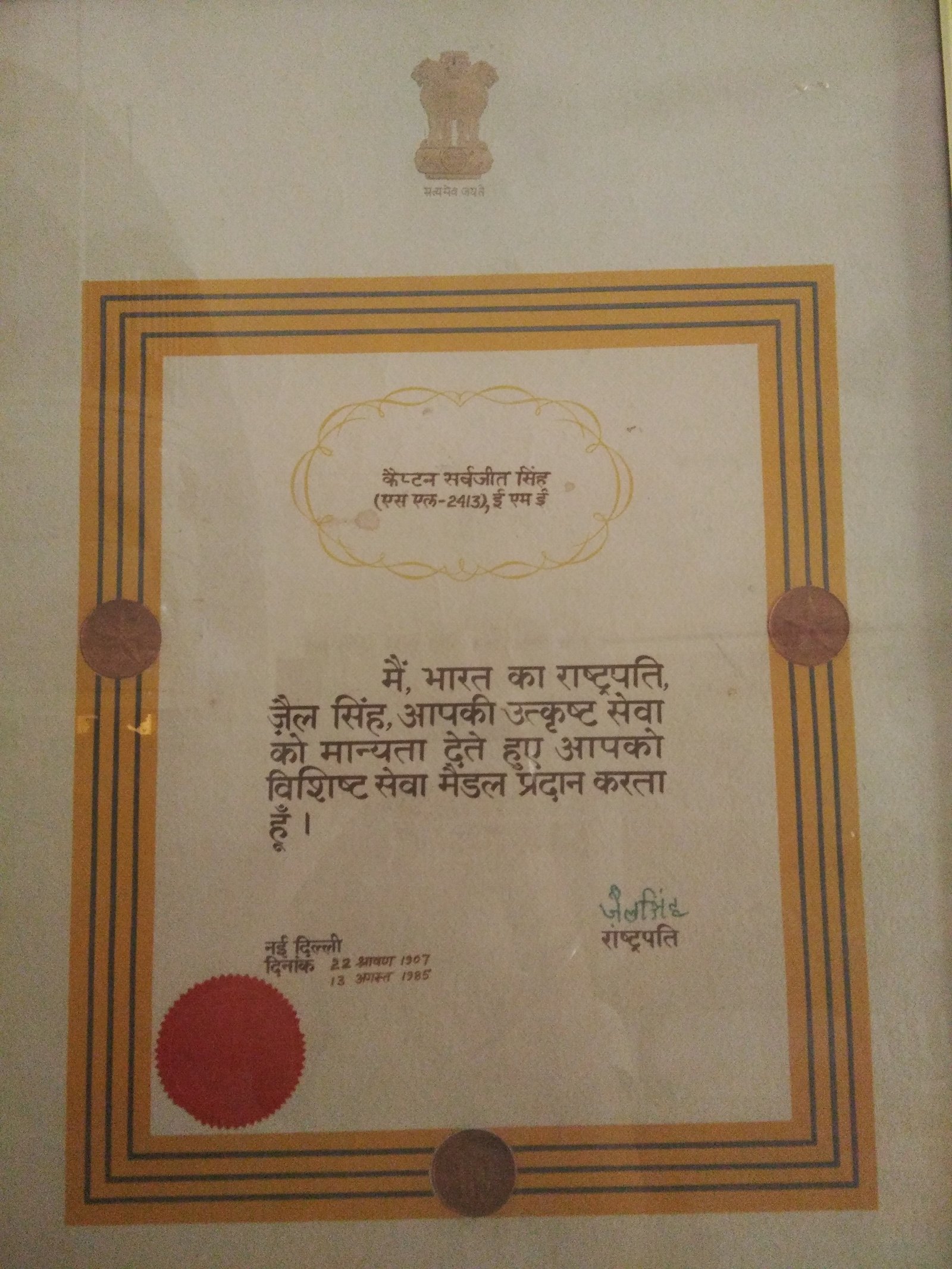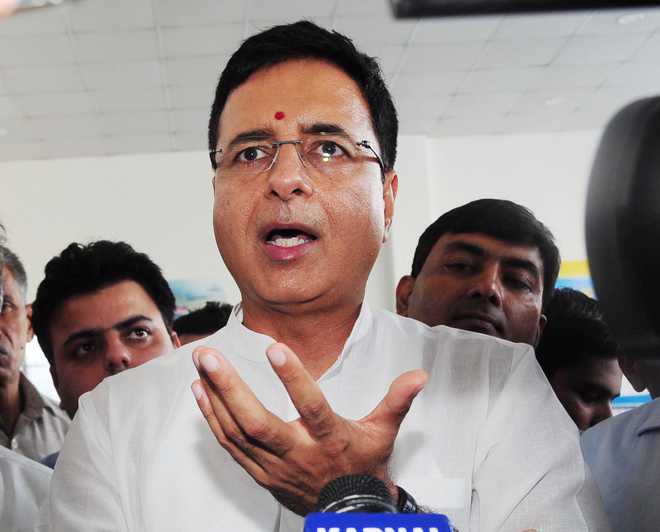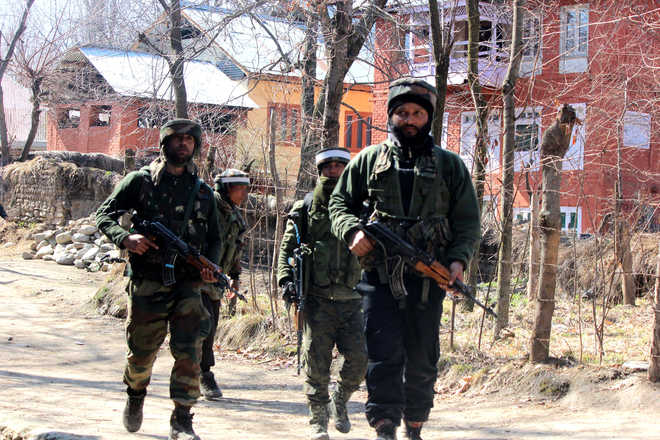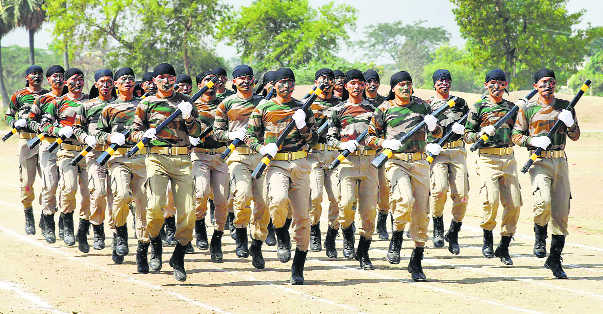Qingdao, June 10
Amid frosty bilateral relationship, Prime Minister Narendra Modi and Pakistani President Mamnoon Hussain on Sunday exchanged pleasantries after a press conference by the leaders of the Shanghai Cooperation Organisation (SCO) here.The two leaders shook hands and exchanged pleasantries at the end of the media briefing, which was addressed by Chinese President Xi Jinping. China is the host and chair of the SCO.Also read: Connectivity projects should respect country’s sovereignty: ModiModi and Hussain were among the leaders who attended the media briefing after culmination of the 18th SCO summit where India and Pakistan participated as full-fledged members.The relations between India and Pakistan had strained after an attack on an army camp in Uri in Jammu and Kashmir by Pakistan-based terror organisations in 2016. The ties took a severe hit post-sentencing of Indian national Kulbhushan Jadhav by a military court in April last year.India had also boycotted the 19th SAARC Summit after the Uri attack. The summit was called off after Bangladesh, Bhutan and Afghanistan also declined to participate in the Islamabad meet.The Line of Control in Jammu and Kashmir has also witnessed escalation of hostilities.India has been raising the issue of Pakistan-sponsored terrorism in various multilateral forums with an aim to build pressure on Islamabad to dismantle the terror infrastructure operating from that country.Modi held nearly half a dozen bilateral meetings with leaders of other SCO countries. However, there was no bilateral meeting between Modi and Hussain.In his address at the summit, Modi, while referring to situation in Afghanistan, talked about challenge of terrorism and its effects.In his address, President Hussain exuded confidence that the upcoming general elections in his country will further bolster economic stability in Pakistan.He said the China-Pakistan Economic Corridor (CPEC), which is part of China’s Belt and Road Initiative, has boosted Pakistan’s economy.India has been strongly opposing the CPEC as it goes through Pakistan-occupied Kashmir. PTI








